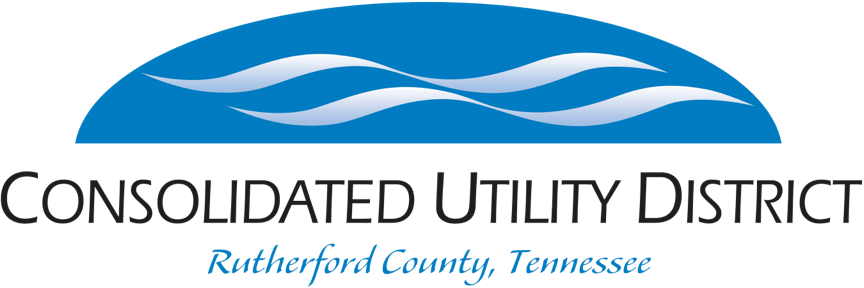Easement FAQ
-
What is an Easement?
Definition of Easement– n. the right to use the real property of another for a specific purpose. The easement is itself a real property interest, but legal title to the underlying land is retained by the original owner for all other purposes. Common easements include the right to pass across the property, the right to construct and maintain a roadway across the property, the right to construct a utility or pipeline under the land, or a power line over the land.
-
Why does CUD acquire easements?
Whenever possible, CUD installs water lines on private property and not on road right-of-ways to help eliminate relocation expenses in the future and for safety reasons.
-
How does CUD choose the route of the water line?
CUD not only analyzes the geographical characteristics of the route, but also considers many other factors such as public utilities, sinkholes, ponds, trees, cemeteries and other improvements along the route. Ultimately, the final route chosen is the path that minimizes the disturbance of private property and is the most financially feasible.
-
How deep is the line going to be?
In the past, a minimum is 30 inches of cover was considered adequate. However, current specifications require 36 to 42 inches of cover on most jobs, but more depth may be required in special conditions, slope areas, hilly areas or drainage areas.
-
Can I build my driveway over it? And can I drive over it?
Yes, you may build your driveway over it, although the easement area must be kept clear of all buildings, structures or other obstructions. Operating vehicles or heavy equipment over the easement will not affect the water line.
-
What if CUD has a leak on my property or under my driveway?
CUD will repair the leak and any damage, including paved or concrete driveways.
-
How wide is a typical waterline easement?
CUD’s typical easement width requirement is 30 feet. This leaves room for maintenance and repair. The water line itself is normally installed approximately 15 feet or less off the road right of way.
-
So you aren’t buying my land? I really don’t want to lose any of my land.
No, we are simply obtaining an easement, which is the right to construct, maintain and service the waterline. Title to the property does not change. It remains in the name of the owner. Once construction is complete, CUD crews will only return for maintenance or repair.
-
What about my trees and septic tank or field lines?
CUD will avoid any unnecessary cutting or removal of trees, although it may be necessary that some trees or other landscaping may need to be trimmed or completely removed. Septic tanks or field lines will not be disturbed, unless exact location is unknown and we accidentally encounter them. The best solution to this potential problem is full communication between you, the homeowner, and CUD prior to excavation.
-
Will this easement be recorded?
Yes, CUD will record the notarized easement at the Registers Office of Rutherford County. CUD has several Notaries on staff for your convenience. This easement will stay with the land in perpetuity, for all subsequent owners.
-
Can I sell another easement to another utility company within your easement?
Yes, other easements may be sold within our easement with the restriction that the actual utility line may not be any closer than five (5) feet from our water line.
-
What are my options? What happens if I refuse to sign the easement?
Good question. There are two answers.
- CUD, as a public utility, is expressly granted the power to condemn land, property, property rights, privileges and easements for necessary public purposes, for just compensation. In the case of a Water Line Extension, should you decide to deny an easement to CUD, we will proceed with the condemnation process. In simple terms, the court will hear both sides and make the final decision.
- If the easement withheld is for a Water Line Extension Project and there is no other viable alternative route, the project will either end just before your property, or be totally abandoned.
-
Will CUD pay me for this easement?
CUD will make individual financial restitution in cases of Water Line Relocations, that is, when CUD water is already available, but the water line needs to be moved or modified to accommodate a proposed project. In the case of Water Line Extensions, when residents without water ask for new service to their area, there is no individual financial restitution, however CUD funds the cost of bringing the water line to the new residents.
-
How long will my driveway be closed? How long will it take you to cross my property?
Normally, a driveway will be impassable for only an hour or two. The length of time to cross your entire property will depend, of course, on the length of the easement and soil quality. Excessive rock will take longer than soil to excavate.
-
I live on the other side of the road from the new water line. Can I still get water?
Yes, you can. It is preferred that you pay for a tap while the water line construction is still in progress. When CUD sets your meter, it will be your responsibility to run the water line from the meter to your house.
